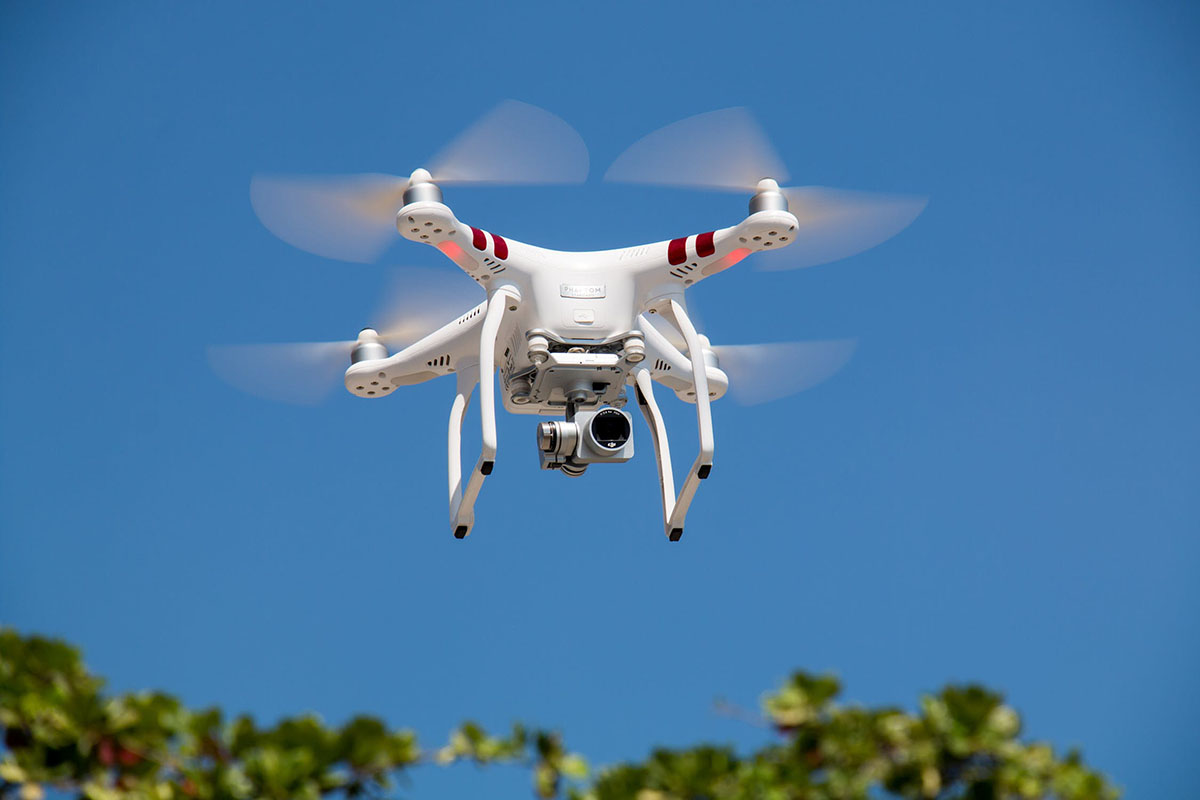Morocco’s drone strike in Western Sahara leaves several injured, escalating tensions

A recent Moroccan drone strike has resulted in several serious injuries, including among civilians and members of the Polisario Front, according to sources close to the Sahrawi movement.
The attack occurred near Aguenit, a locality along the disputed border between Western Sahara and Mauritania.
The targeted vehicles were reportedly transporting gold miners on their way to Fdérik, a mining site in Mauritania known for its significant gold deposits.
The Polisario Front has condemned the attack as an “atrocious massacre” and a deliberate act of aggression against civilians.
Details of the strike indicate that multiple vehicles were hit by Moroccan drones, with some of the casualties reported to be in critical condition. Several Sahrawi civilians were among the victims.
The Polisario Front claims that the attack specifically targeted non-combatants, and it has called on the international community to condemn the strike, labelling it a “war crime.”
While Morocco has yet to officially confirm the operation, the use of drones in the ongoing Western Sahara conflict is well-documented, particularly in recent escalations.
Since 2020, Morocco has increasingly relied on drones to monitor and target Polisario positions along the demarcation line.
These drones, often of Israeli and American origin, have provided Morocco with a strategic advantage, reducing casualties within its armed forces and allowing more precise targeting.
In response, the Polisario Front has vehemently accused Morocco of engaging in “state terrorism” and endangering Sahrawi civilians.
The organization has also urged its allies, particularly Algeria, to enhance their support in protecting Sahrawi populations.
In Algeria, the attack has sparked outrage, with supporters of the Sahrawi cause denouncing Morocco’s “impunity” and calling for greater diplomatic mobilization.
Tensions in the border regions between Western Sahara and Mauritania, which include the gold-rich area of Fdérik, have long been a point of contention.
The discovery of valuable resources like gold has attracted both Sahrawi and Mauritanian miners, though instability and military conflict have complicated the region’s exploitation.
The Polisario has accused Morocco of attempting to control these resources, exacerbating the ongoing clashes.
Mauritania, a key ally of Morocco, has often been caught in the crossfire of the Western Sahara conflict.
While the Mauritanian government has yet to issue an official statement on this attack, there are growing calls for an independent investigation into the incident, as it could strain relations between Rabat and Nouakchott if the Mauritanian government views it as a violation of its sovereignty or a threat to its citizens.
The Polisario Front is urging the United Nations and other international organizations to launch an inquiry into the drone strike, hoping to shed light on what it describes as a “forgotten war” in the region.
Humanitarian organizations operating in the area have also raised concerns over the safety of Sahrawi civilians, particularly given the shift towards more precise military tactics.
Meanwhile, Morocco maintains that its actions are legitimate, aimed at safeguarding its borders and countering incursions by the Polisario.
The Moroccan government views the Sahrawi movement as a threat to its territorial integrity and defends its military operations as responses to provocation. According to Rabat, the use of drones is a more precise and preventive method of defense.
About The Author
dailymailafric
I am an avid African news observer, and an active member of Daily Mail Africa.
I’m Passionate about staying informed on diverse topics across the continent,
I actively contribute to publishing on political, economic and cultural developments in Africa.



